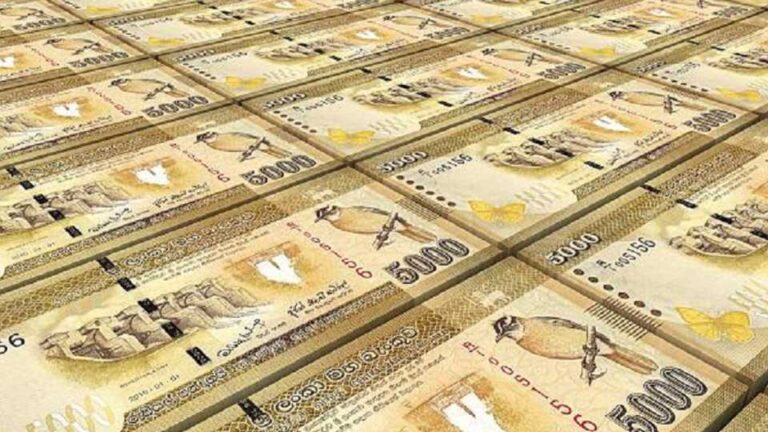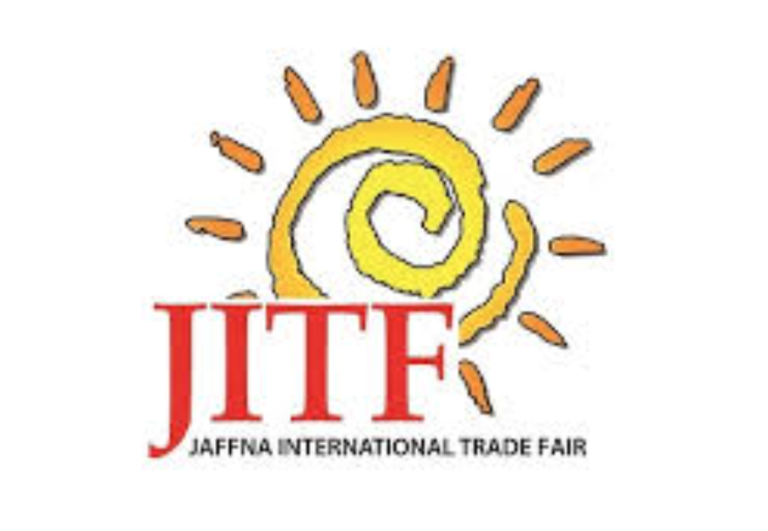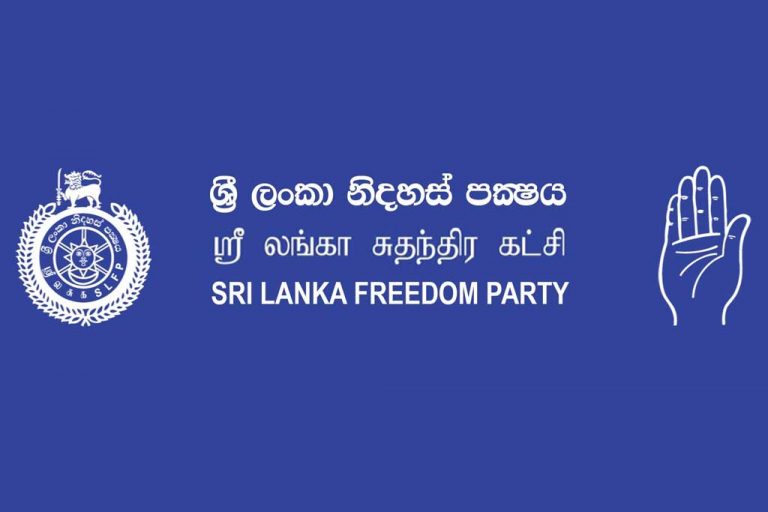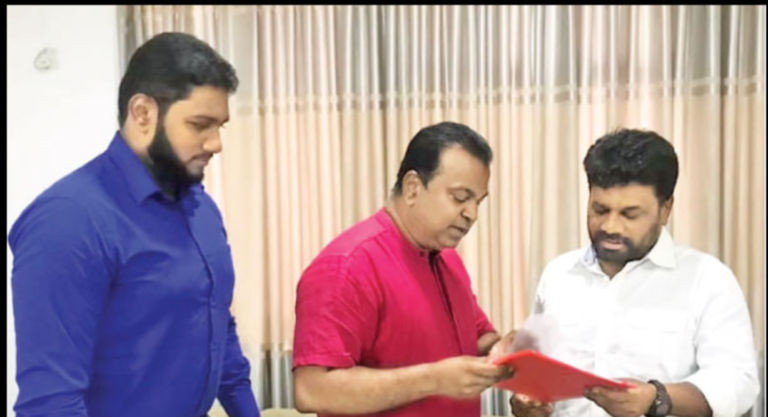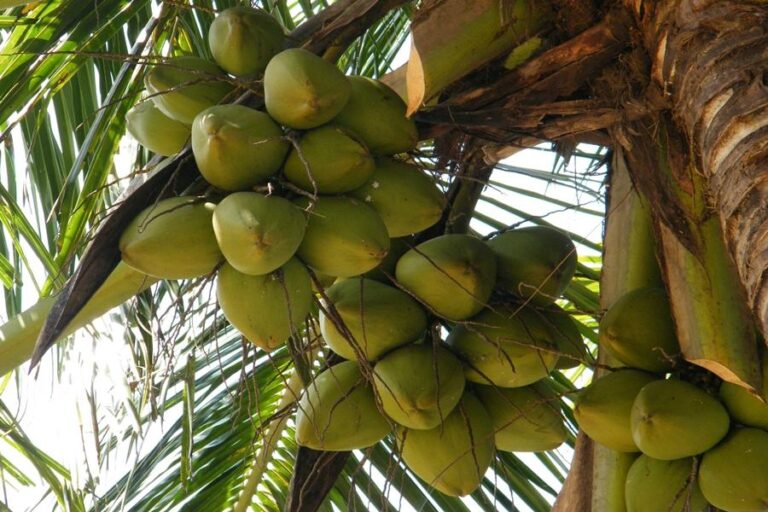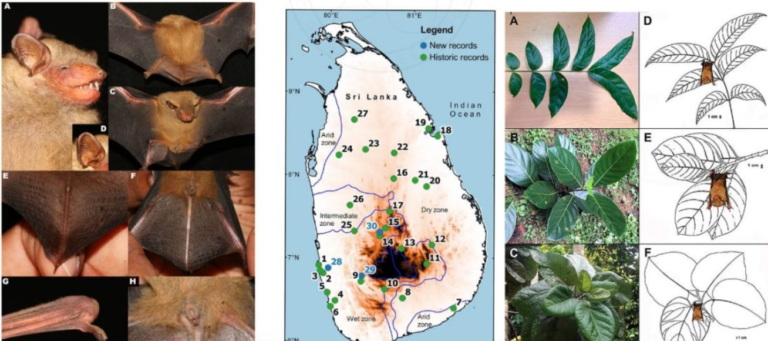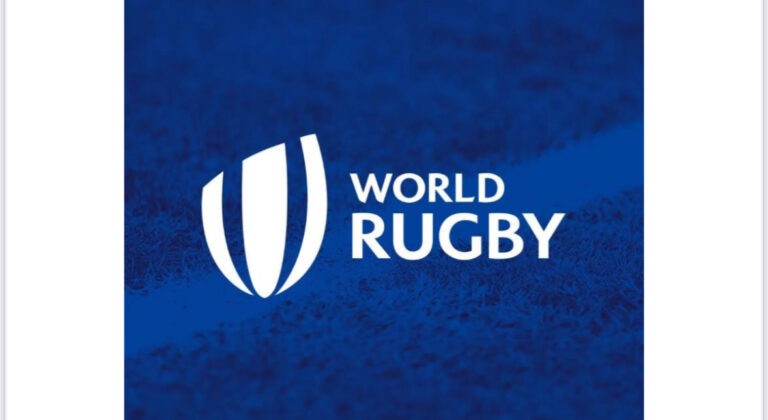Sri Lanka is grappling with a critical challenge: the unchecked rise of illegal money lending. This shadow economy has entrenched itself deeply in both urban and rural areas, preying on vulnerable populations and destabilizing the nation’s financial system.
With an estimated value exceeding 100 billion rupees, this underground network undermines economic stability and perpetuates exploitation, operating with impunity due to the complicity of powerful individuals, including politicians, retired military officers, and senior police officials.
The Mechanics of Exploitation
Illegal money lending thrives on predatory practices designed to entrap borrowers in cycles of poverty. Among the most concerning tactics are the exorbitant interest rates imposed on loans, with monthly rates soaring as high as 15%, amounting to a staggering 180% annually.
Borrowers, often in desperate financial straits, are coerced into pledging valuable assets such as jewelry or property as collateral. In many cases, lenders seize these assets under dubious circumstances when repayment becomes impossible.
The funds fueling this shadow economy are often the proceeds of criminal activities, including drug trafficking, corruption, and bribery.
Furthermore, the entrenched connections these moneylenders have with influential politicians, law enforcement, and judicial figures shield them from accountability. This culture of impunity enables their operations to thrive, despite the devastating impact on ordinary Sri Lankans.
The Broader Consequences
The repercussions of illegal money lending extend far beyond individual borrowers. At its core, this practice creates a vicious cycle of debt, trapping countless families in poverty as they struggle to repay loans with exorbitant interest.
The broader financial system is also distorted, with illegal lending inflating interest rates and diverting capital away from legitimate institutions.
Moreover, this underground economy serves as a conduit for laundering black money, further entrenching corruption and criminal activities.
The International Monetary Fund (IMF) has highlighted the significant role of informal lending in Sri Lanka’s black economy, warning of its destabilizing impact on sustainable growth and financial stability.
Regulating Informal Money Transfer Systems
In response to these challenges, the Central Bank of Sri Lanka (CBSL) has initiated efforts to regulate informal money transfer systems, such as Undial and Hawala. These systems, widely used in South Asia and the Middle East, offer quick and cost-effective cross-border transactions but lack transparency, raising concerns about their potential use for money laundering and terrorist financing.
Key regulatory measures include mandatory registration for operators, set to be enforced by May 2025. This move aims to integrate these systems into the formal financial framework, ensuring accountability and oversight.
Public awareness campaigns are also being rolled out to educate citizens about the risks of using unregulated channels for remittances and the legal repercussions tied to such practices.
Urgent Reforms Needed
Tackling the crisis of illegal money lending requires comprehensive and sustained action. Legal and institutional reforms must address the root causes of this issue. Key steps include:
Mandatory registration of moneylenders, ensuring that all operators are regulated and subject to oversight.
Capping interest rates to align with formal financial institutions and prevent exploitative lending practices.
Strengthening oversight mechanisms, empowering the CBSL to monitor and investigate lending activities comprehensively.
Tracing the origins of black money, targeting the illicit funds that sustain illegal lending networks.
Launching public awareness campaigns to educate citizens about the risks of illegal lending and their legal rights.
Protecting whistleblowers through anonymous reporting mechanisms to encourage the exposure of illegal activities.
Crucially, political will is essential to eliminate corruption and conflicts of interest within government ranks. Without a concerted effort to address these systemic issues, meaningful reform will remain elusive.
The Role of the NPP Government
The National People’s Power (NPP) government stands at a critical juncture. By prioritizing financial transparency and cracking down on illegal lending, the NPP has an opportunity to strengthen
Sri Lanka’s economic and governance systems. A zero-tolerance approach to corruption, including within its own ranks, is vital to restoring public trust and confidence in the country’s institutions.
A Call to Action
Illegal money lending poses a systemic threat to Sri Lanka’s financial stability, social equity, and rule of law. Addressing this crisis demands a unified and multi-faceted approach, involving government leadership, regulatory oversight, and active participation from civil society. The time to act is now
By dismantling this exploitative shadow economy, Sri Lanka can safeguard its most vulnerable populations and lay the groundwork for a more equitable and sustainable future.

